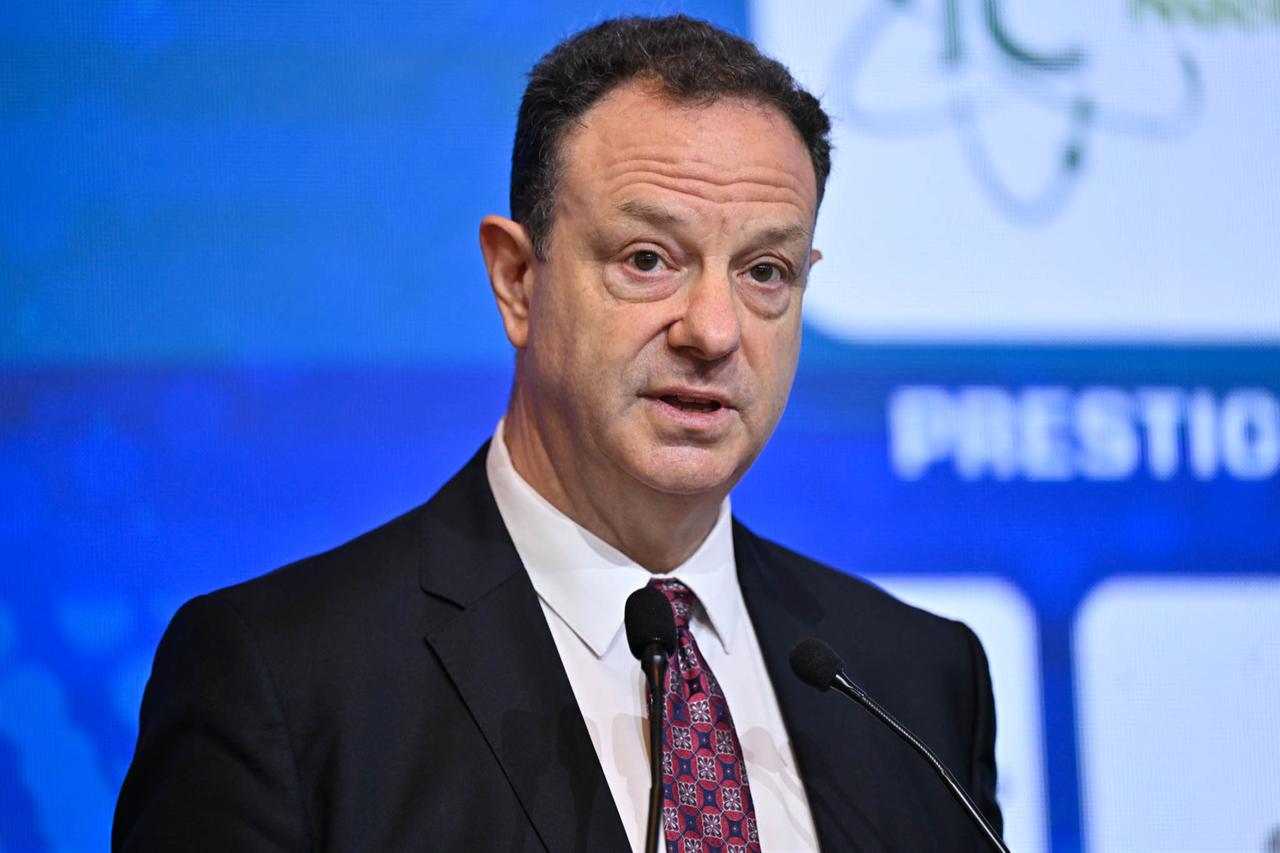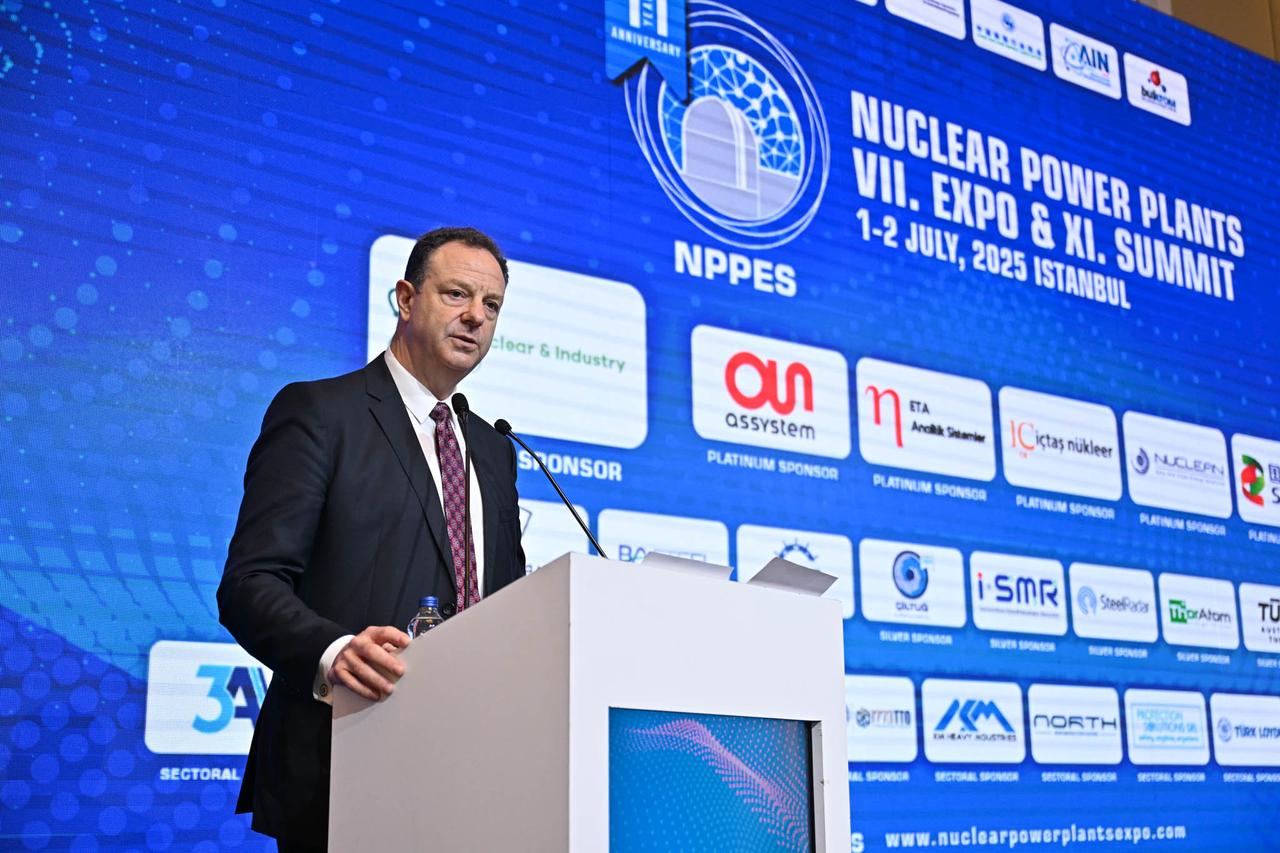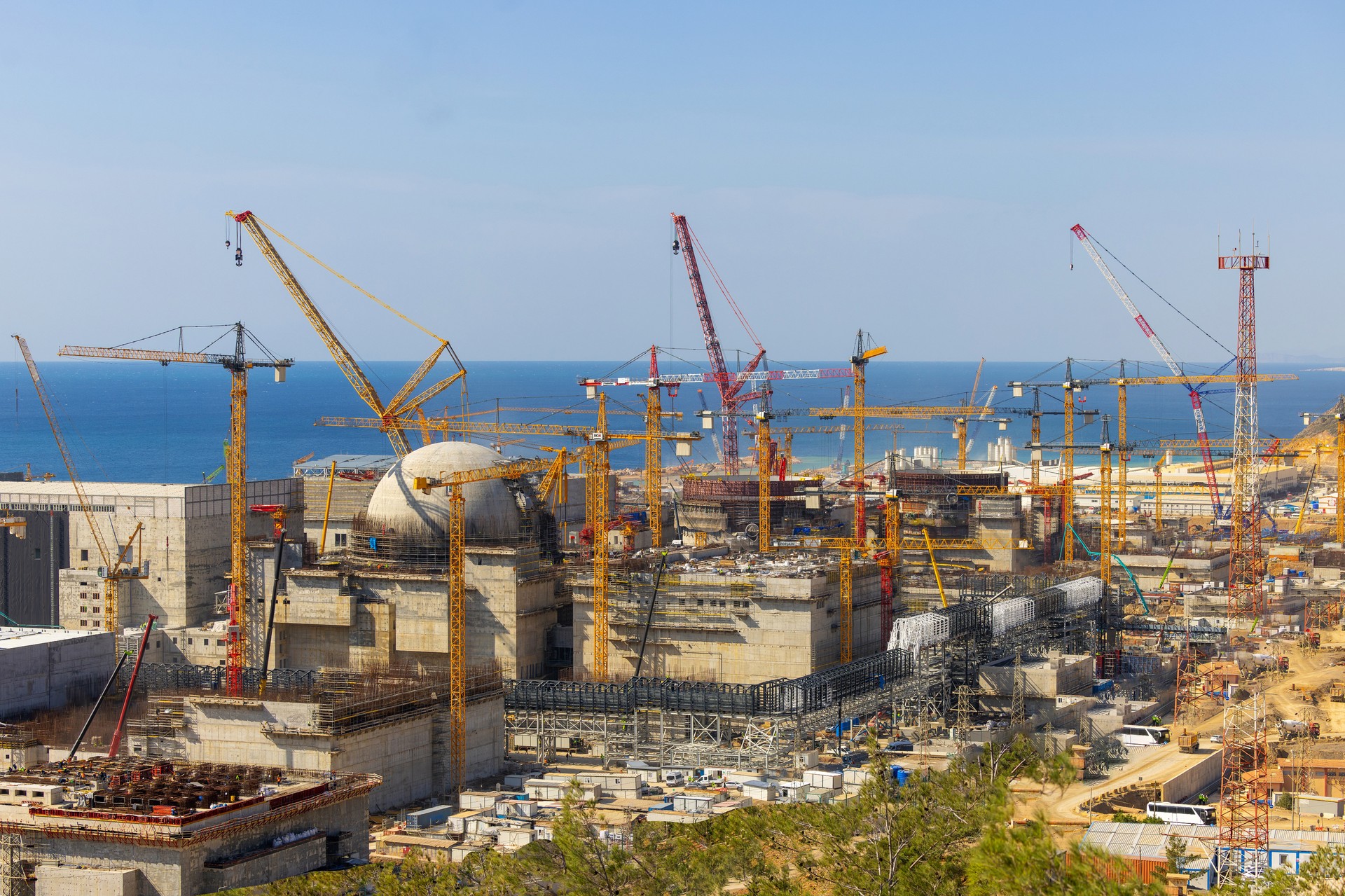
Türkiye has the potential to become a leader in nuclear energy development both domestically and internationally, a senior U.S. State Department nuclear energy advisor said.
Justin Friedman, senior nuclear energy advisor at the U.S. State Department, stated that Türkiye could lead in nuclear energy usage with proper government policies and cooperation.
"I think most of the conditions exist today and what we see from the sector really reinforces my belief that Türkiye can lead with good government policies and good cooperation," Friedman said.
He spoke at the 11th Nuclear Power Plants Summit's second day, presenting on "U.S. Leadership for the SMR Revolution." The event was organized with support from the Ministry of Energy and Natural Resources through cooperation between the Ankara Chamber of Industry and the Nuclear Industry Association, with Anadolu Agency as Global Communication Partner.

Friedman noted that five companies hold licenses for small modular reactor (SMR) development in the United States. Some of these companies continue operations in the nuclear or conventional energy sectors.
"This picture shows us the strong participation of the private sector in the nuclear field," Friedman said.
During his meetings in Türkiye, Friedman met with five major companies and several industry associations. He said these discussions revealed the Turkish private sector's desire to pioneer nuclear energy development.
"The impression I got from these meetings is that the Turkish private sector wants to be a pioneer in nuclear today. I wholeheartedly believe they will play this role," he stated.
Friedman emphasized that clear and predictable regulations are critical for nuclear energy investments.
"Investing in nuclear energy means investing in safe, stable and reliable grids," he said.
He added that clear rules regarding how and when SMR projects connect to the grid could increase investment appetite.
"An electricity pricing policy that reflects the stability and reliability of nuclear energy could also contribute to building a stronger nuclear sector in Türkiye," Friedman said.
He highlighted a significant opportunity for the U.S. and Türkiye to share best practices while developing their nuclear sectors.

Friedman addressed whether Türkiye would lead or follow in nuclear energy development.
"I think most of the conditions exist today and what we see from the sector really reinforces my belief that Türkiye can lead with good government policies and good cooperation," he said.
"The basic elements are now largely in place. By making some clear policy decisions and cooperating with the best partners, which I think are the U.S. and U.S. companies, Türkiye can become a leader in nuclear energy use in its own country and potentially worldwide," he added.